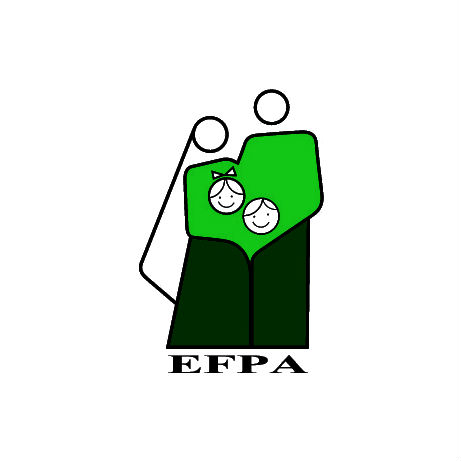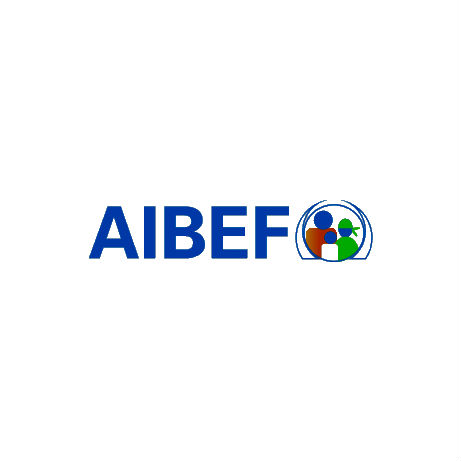

| 31 March 2016
Egyptian Family Planning Association
Though there is still a long way to go with regard to the risk of maternal and child mortality, Egypt’s sexual and reproductive health (SRH) statistics are improving year on year and the Egyptian Family Planning Association (EFPA) has been at the heart of driving improvements. It has done so through service delivery (complementing government services) and a concerted programme of advocacy to high-level policy makers. EFPA is the Egyptian government’s primary partner in SRH, and it co-ordinates the delivery of family planning services by other voluntary organizations. Additionally, EFPA is a lead partner in the National Population Commission’s ongoing initiative to increase contraceptive prevalence across the country. A critical part of the organization’s work is the provision of information, education and communication (IEC) programmes for the general public, many of which (particularly amongst young people) are run on a peer-to-peer basis. Emergency intervention to prevent reported early marriage cases is a key priority. EFPA has a particular interest in the socio-economic aspects of family planning and promotes activity designed to enhance women’s capacity for income generation. In 1972, EFPA set up the Alexandria Training Centre for family planning professionals, which it continues to run. Thanks to the EFPA, demand for SHR services by young people has increased, as has male condom use. EPFA successfully advocated for the issuance of 2 landmark legal codes criminalizing female genital mutilation (FGM), and raising the legal age of marriage. EFPA is a strong, well-established, transparent and competent association. It is known for its capacity to implement quality projects. EFPA enjoys the trust and confidence of many partners and donor agencies. These include, but are not limited to, UNFPA, UNIFEM, FHI, CEOSS, Y-PEER, the Regional Training Centre, the National Population Council, and the National Council for Child and Mother. Contacts Facebook: https://www.facebook.com/EFPA.eg Twitter: https://twitter.com/efpa_

| 31 March 2016
Association Ivoirienne pour le Bien-Etre Familial
The population of the Ivory Coast suffers from a litany of sexual and reproductive health (SRH) problems common to many countries on the continent: frighteningly high rates of maternal death, early pregnancies, child mortality and HIV prevalence, coupled with very low rates of contraceptive use. Additionally, instances of female genital mutilation (FGM) are frequent and the SRH and psychological repercussions that the practice presents are severe. The Association Ivoirienne pour le Bien-Etre Familial (AIBEF) was founded in 1979. It works closely with the National Population Bureau in the planning and implementation of the National Population Policy and the National Youth Policy. The government and legislators have called on the organization for advice and counsel because it is the one of the most experienced organizations in the field and has unparalleled expertise drawn from ground level experience. To complement and expand its scope, AIBEF partners with a number of non-governmental organizations (NGOs) including the Futures Group, Pathfinder International, the Population Council, John Hopkins University, John Snow International, Columbia University and Family Health International. Major donors include the European Union, IPPF’s Japan Trust Fund, The Global Fund Against TB and Malaria, Alliance International and the World Bank. Additionally, it partners with Collectif des ONG de Lutte contre le Sida en Côte d’Ivoire and RIOF – national networks whose primary objective is to increase SRH capacity. Contacts Facebook: https://www.facebook.com/AIBEF-1478416299110640/







